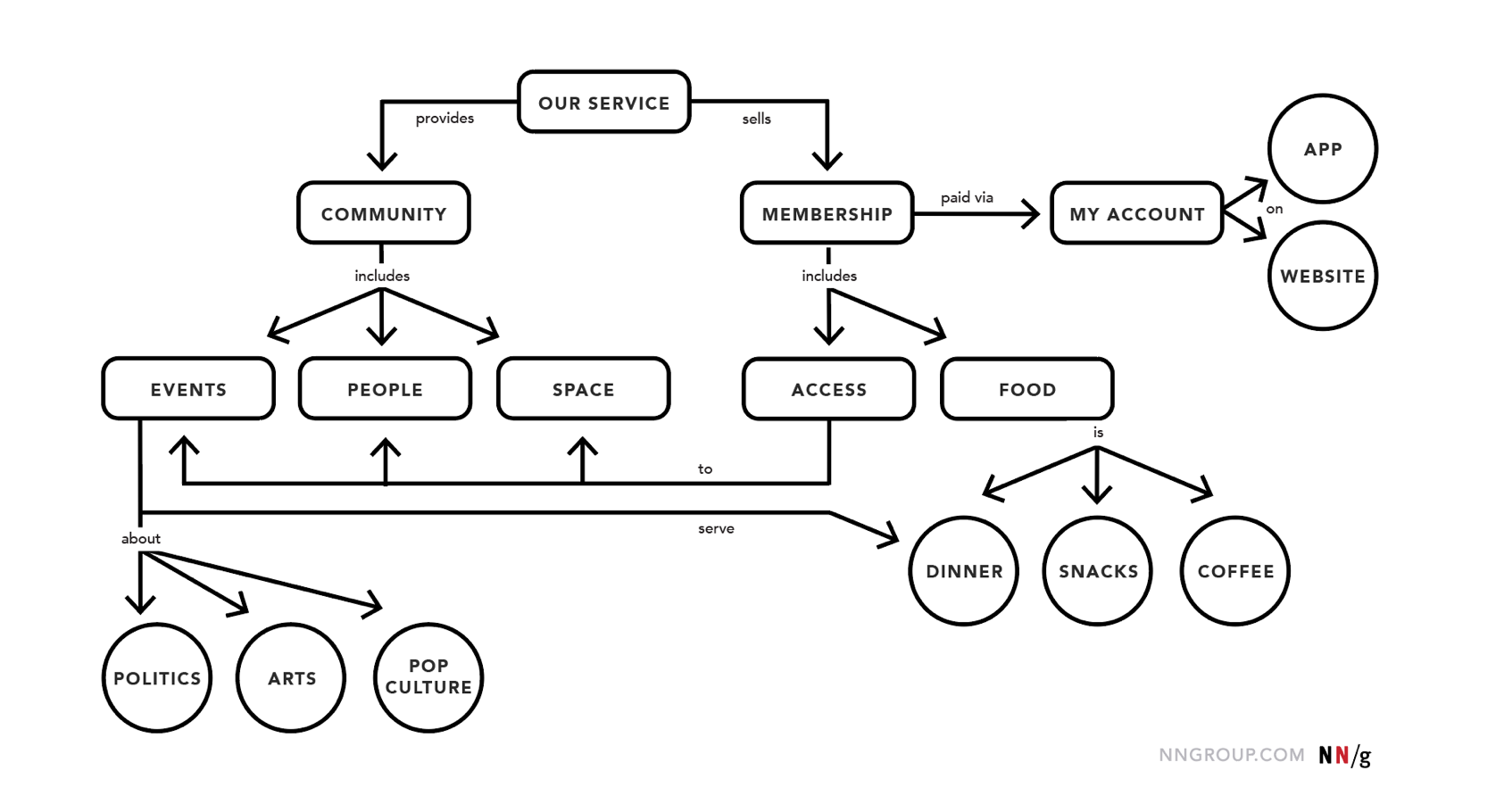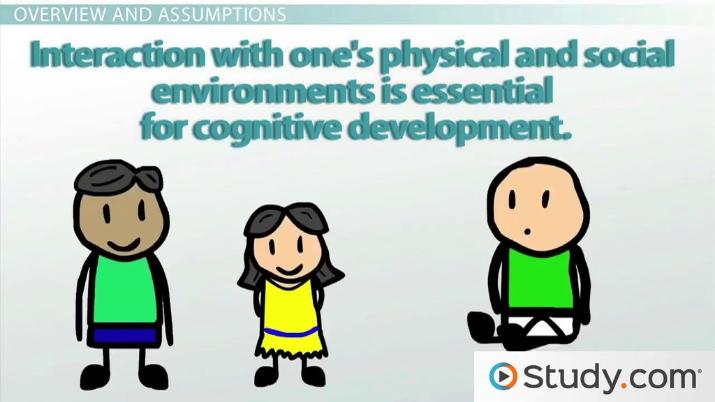The concept of cognitive development refers to the way in which children's minds develop and change over time. It encompasses a wide range of mental processes, including attention, perception, problem-solving, memory, and language. These mental processes enable children to think, learn, and communicate with the world around them.
The study of cognitive development is an interdisciplinary field that draws on research from psychology, neuroscience, education, and other fields. One of the key figures in the study of cognitive development is the Swiss psychologist Jean Piaget, who developed a theory of cognitive development that has had a significant influence on the field. According to Piaget's theory, children go through a series of stages of cognitive development, each of which is characterized by a different way of thinking and understanding the world.
The first stage of cognitive development is the sensory-motor stage, which occurs from birth to about two years of age. During this stage, children learn about the world through their senses and their actions. They explore their surroundings through actions such as looking, reaching, and grasping.
The next stage is the preoperational stage, which occurs from about two to seven years of age. During this stage, children's thinking becomes more symbolic and they begin to use language to represent objects and events. However, their thinking is still quite concrete and they have difficulty understanding abstract concepts.
The third stage is the concrete operational stage, which occurs from about seven to eleven years of age. During this stage, children's thinking becomes more logical and they are able to perform mental operations, such as classifying and ordering objects.
The final stage is the formal operational stage, which occurs from about eleven years of age onwards. During this stage, children's thinking becomes more abstract and they are able to think hypothetically and solve complex problems.
Cognitive development is not a linear process, and children may progress through the stages at different rates. Factors such as genetics, the environment, and early experiences can all influence cognitive development.
Understanding cognitive development is important because it helps us to understand how children learn and how we can best support their learning. It also helps us to understand the different ways in which children think and perceive the world, and how these ways of thinking change over time.








